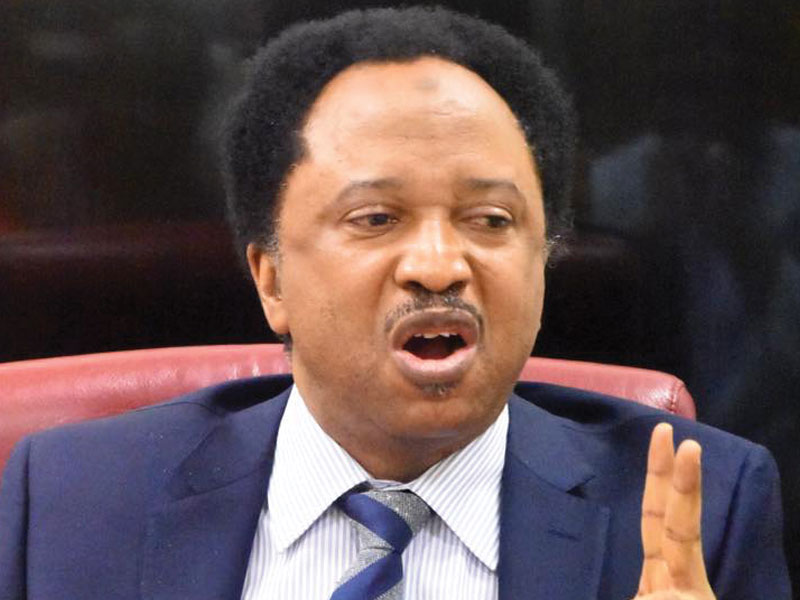Primaries are like auction on eBay, says Shehu Sani
A governorship aspirant in Kaduna State on the platform of the Peoples Democratic Party (PDP), Senator Shehu Sani, has likened party primaries to business transactions on eBay – an online auction and shopping website through which people and businesses buy and sell a wide variety of goods and services worldwide. He said he refused to […]

Senator Shehu Sani
A governorship aspirant in Kaduna State on the platform of the Peoples Democratic Party (PDP), Senator Shehu Sani, has likened party primaries to business transactions on eBay – an online auction and shopping website through which people and businesses buy and sell a wide variety of goods and services worldwide.
He said he refused to bribe delegates to vote for him in order to force a change in the system.
Sani was speaking on the aftermath of the PDP primary elections on Channel TV’s Sunrise Daily on Monday.
- FACT CHECK: Enugu PDP Governorship Candidate Not Assasinated
- COVID-19: NAFDAC approves 2 herbal drugs for clinical trials
The outspoken politician got only two votes in the party’s governorship primary conducted last week but said he was surprised he got those votes.
He said, “Before the election, I had to make it clear on my social media handle that I am not going to give one kobo to anybody.
“One of the things I did as an aspirant was to set the pace and by saying ‘I am not going to give you money. You will vote for me based on my policy and agenda or else you vote for another person.’
“Somebody needs to say no and that person who needs to say no has to be a person who is a participant.
“Once delegates realise that they are not going to get money, Nigeria’s politics will eventually change.”
Sani said there was no way credible leaders would emerge in a country believed to be suffering from a lack of credible leaders when aspirants have to pay the voters to get their votes.
While accusing the ruling All Progressives Congress and the PDP of being guilty, he said monies were given to delegates at all levels during the primaries.
Sani said if people would not talk about the issue, the country should forget its anti-corruption campaign.
He said, in 2014 when he contested the Senate, he refused to bribe and he was lucky to succeed but it was not the same this time, lamenting that things were getting worse.
He said, “Our democracy is 22 years old and it’s expected that each time you have an election, there should be some form of improvement in the way, the quality and transparency in which the electoral process unfolds.
“But it is clear that despite attempts to reform our elections for the better, there are dark areas that remain unchanged for years.
“For this democracy to survive, those ingredients that make it possible for people to participate either as electorate, aspirants or candidates must be seriously taken care of to ensure that the game is played according to the rules.
“I participated in the election and I have seen that there is no better time for us as a people and as a nation to focus on the way aspirants emerge as candidates than now.
“I am concerned with the way aspirants canvass for votes. We are not canvassing for votes based on policies, programmes and agenda candidates have, we are simply in a bidding process.
“The primaries were more of a bidding process, the kind of auction you have in eBay and others where you go meet the delegates who tell you what your opponents have offered them and then you have to top it for them to vote for you.
“I believe this is the time for us to do the needful because if you don’t address money politics, the idea of delegates turning the whole primaries into a market, we will not have candidates, we will simply have businessmen, people who bought position of power.”
Most delegates appointed
He said most state delegates were never elected but were appointed and had to agree to do the bidding of those party chieftains who put their names on the list.
Sani said this affects the quality of people parading as delegates, saying: “Until that area is completely challenged, we will continue to have problems with our electoral system.”
He alleged that the political elite kicked against the use of the direct system of electing party candidates because “the delegate system is the narrow gate where only those they want to be in power will be in power no matter your policies, programmes and agenda.”
